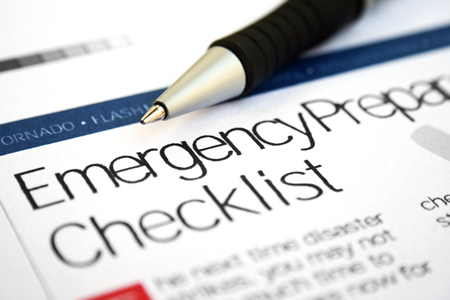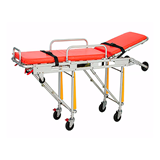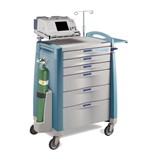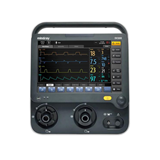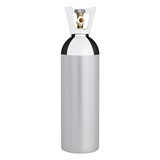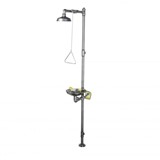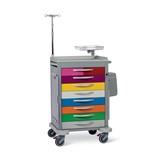But how prepared are you should a much more widespread emergency suddenly occur? Here are a few ways you can get your practice properly practiced for a full scale emergency response.
Prepare for all possible external risks
Disasters can happen at any time. So what are the likely external emergency threats in your area? Be they fire, earthquake or flood, you need to have a clear plan of action should such a catastrophe occur when your practice is in full operation. Patients will be in appointments and in the midst of medical procedures. Some may be incapacitated to some degree or immobile.
Plan for all courses of action
Your external emergency plan needs to have clear procedures to deal with all possible scenarios, be it evacuation or safe shelter within your premises until the crisis passes. So consider each situation and each potential patient circumstance and draw up a clear and detailed plan of action, including staff roles and responsibilities. Include a plan for protecting medical records.
Adapt and prepare
What deficiencies are there in your current structure that may inhibit you carrying out an emergency plan? Are you staffed adequately? Do you have all the necessary emergency equipment to deal with injuries or speedy exits? Should you consider investing in a generator to keep vital equipment running through a crisis? Remember, your medical service needs can surge in a local emergency, so it may not only be existing patients you have to deal with.
Train and retrain
Once you have all the guidelines in place, set aside time for training and drills. The more attuned your entire staff is to correct procedures through well-practiced drills, the calmer they'll be if the worst does happen.
Open the lines of communication
If you're not fully aware of other health and hospital services in your immediate vicinity, do the research. Build a detailed file of organisations and best contacts. You may need them or they may need you in a local emergency, so have all the details ready and waiting. Don't forget to add all the nearest pharmacies and your regular medical suppliers to your emergency list in case you need medicines or equipment urgently.

